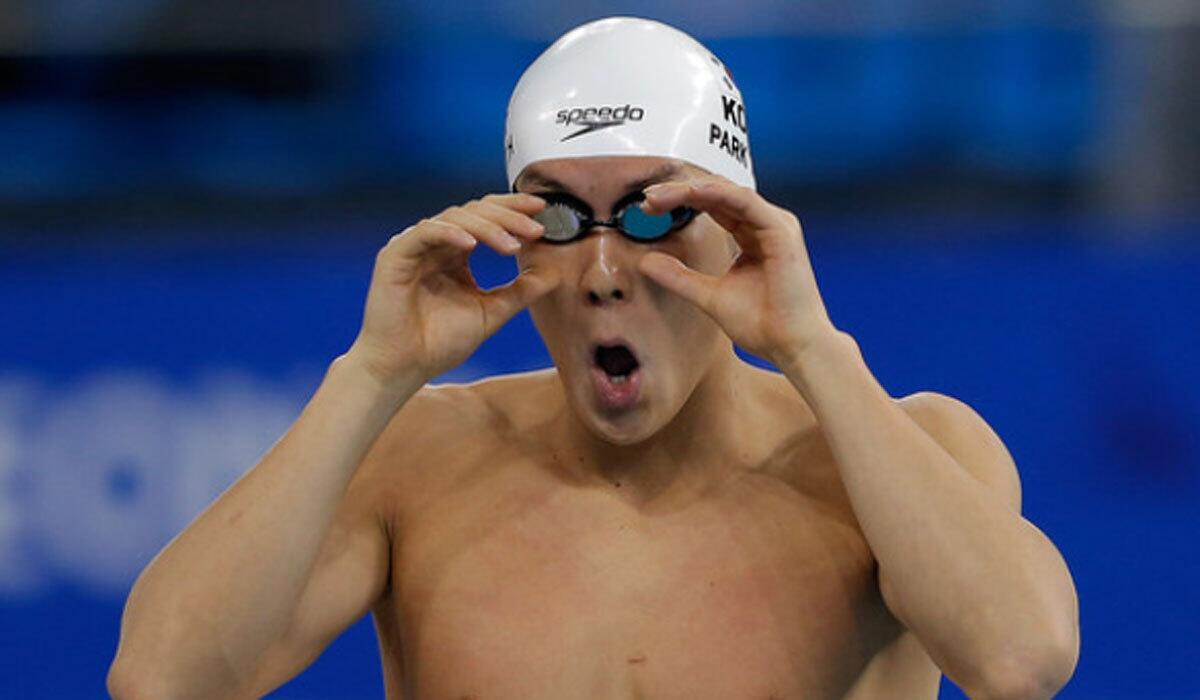South Korea sticks to tough penalty for drug cheats

Park Tae-hwan competes in the 2014 Asian Games in Incheon, South Korea.
With the sports world reeling from a series of doping scandals, South Korea is standing firm on its unusually strict penalty for athletes who cheat.
National officials ruled Wednesday that Olympic champion swimmer Park Tae-hwan cannot compete in the 2016 Summer Games, despite the fact he recently completed an international ban for steroid use, the Yonhap news agency reported.
The Korean Olympic Committee imposes an additional suspension on any of its athletes who test positive, prohibiting them from representing their country for three years.
The decision comes at a crucial time in the battle against doping.
The entire Russian track and field team has been barred from international competition amid allegations of systemic cheating in that country. Other nations such as Kenya might be excluded from the upcoming Rio de Janeiro Games because of lax enforcement.
Still, some legal experts have criticized South Korea’s policy, saying it punishes athletes twice for the same offense.
In 2011, the International Olympic Committee tried to impose a similar additional ban. The U.S. Olympic Committee challenged this so-called “Osaka Rule” in the Court of Arbitration for Sport and had it overturned.
International anti-doping officials subsequently adopted a different strategy, lengthening maximum penalties.
The issue is certain to re-emerge in Rio, where sprint champion Usain Bolt figures to be challenged by Justin Gatlin, an American athlete who was twice previously caught using banned substances.
In South Korea, the 26-year-old Park had been training for his country’s trials later this month, hoping for a ruling in his favor. He won a gold and three silvers at the past two Olympics.
More to Read
Get our high school sports newsletter
Prep Rally is devoted to the SoCal high school sports experience, bringing you scores, stories and a behind-the-scenes look at what makes prep sports so popular.
You may occasionally receive promotional content from the Los Angeles Times.







